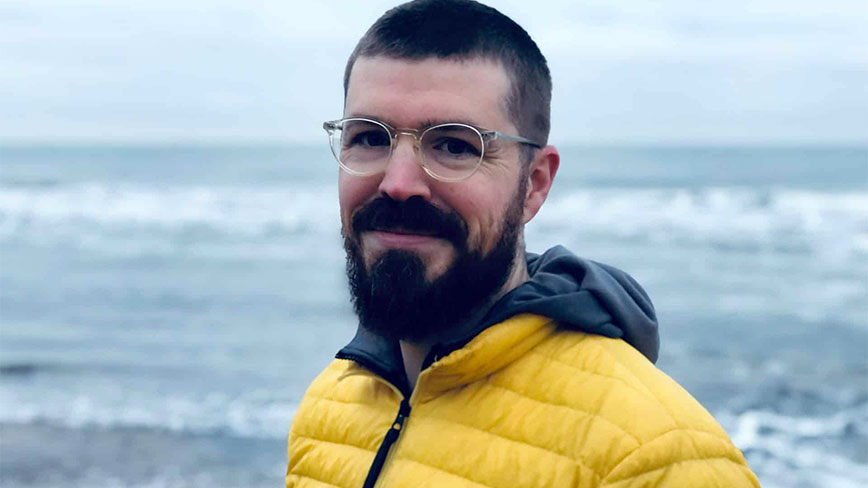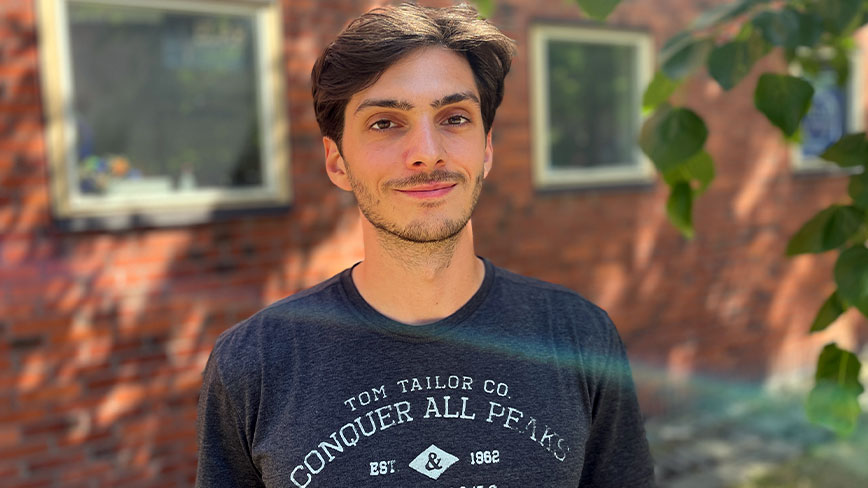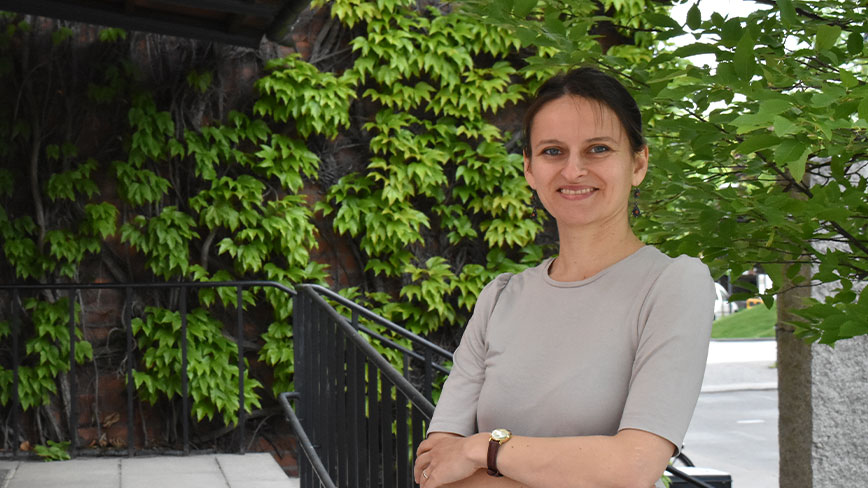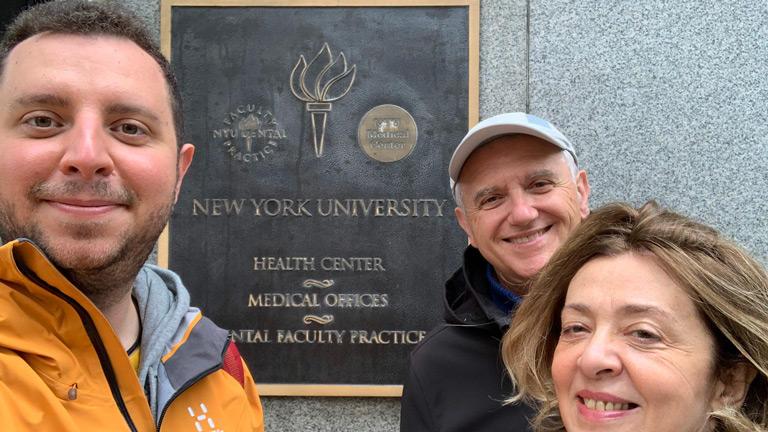Rob Comber: From psychology to Human-Computer Interaction Researcher

Meet Rob Comber, one of EECS' dynamic personalities who recently took on the Deputy Head of Division for Media Technology and Interaction Design (MID) role. With a background rooted in psychology, Rob has managed to blend his interest in people with the world of technology.
Originally from Southeast Ireland, Rob began his research career in the UK, eventually finding his way to KTH in March 2018. His interest in people's interactions with technology led him away from his training in traditional psychology, focusing instead on applying psychology to computer systems.
His PhD research, conducted during the nascent stages of social networking sites like Facebook, explored the dynamics of these platforms and questioned what those platforms would mean for how we connect to each other. As a Marie Curie research fellow looking at how people use technology to plan, cook, and shop for food for their families, Rob engaged with social and environmental sustainability questions, emphasising the interconnectedness of technology and society.
Leadership and inclusivity
Rob's leadership role as Deputy Head of Division for MID stems from his commitment to listening to people. He emphasises the importance of ensuring that individuals, the division and KTH have their voices heard. Under Rob's guidance, the division is dedicated to fostering an inclusive work environment, recognising and celebrating the diversity of research approaches within the team.
”I find both challenge and joy in working with people, recognising that the toughest and most rewarding aspects of my role arise from the myriad ways individuals collaborate and communicate. I’m passionate about creating an environment where everyone feels valued and contributing to the broader Swedish society through meaningful research,” Rob explains.
Choosing Sweden over other locations, Rob cites Brexit as a practical reason, gravitating towards Sweden's reputation for inclusiveness. The appealing research environment at KTH and the societal contributions made the decision even more evident.
Adapting to Swedish life
Outside of work, Rob enjoys being outdoors. Among other things, he leads his son's scout group and enjoys growing food in his garden. He appreciates Sweden's green spaces and proximity to forests.
”I have learnt to appreciate and embrace “friluftsliv” – the outdoors, which doesn't exist in Ireland to the same extent. It rains 200 days a year there, and people stay indoors. I also appreciate the ”allemansrätt” – the right of public access, we don't have anything like that in Ireland. Over the years I've become an enthusiast but not yet expert in mushroom picking and foraging,” says Rob.
On a lighter note, he has struggled to adapt to Swedish coffee culture:
”I love the bun part of fika, but Swedish coffee is almost darker than the winters!”
As a newcomer to Sweden, Rob offers practical advice for coping with the winters. Coming from a place where snowfall would close schools, he marvels at Sweden's resilience. His tip for newcomers: "kläder efter väder," meaning dress according to the weather.
”Unlike Ireland, where people tend to stay indoors during snow, I encourage embracing the winter season, whether through ice skating or simply enjoying the snowy landscapes.”
Related news

Get to know the doctoral student Lukas
We will introduce the school's faculty employees in a series of articles. This is Lukas Bähner, a doctoral student at the Division of Electromagnetic Engineering and Fusion Science (EMF) – whose ambit...
Read the article
Get to know the doctoral student Sylvie
In a series of articles, we will introduce the faculty employees. First out is Sylvie Koziel, a doctoral student at the Division of Electromagnetic Engineering and Fusion Science (EMF). Learn about he...
Read the article
The visit to NYC gave him new colleagues and new insights for his research
A desire to strengthen his knowledge, meet new people, and create new connections for his research led Corrado Capriata to a seven-month research exchange.
Read the article